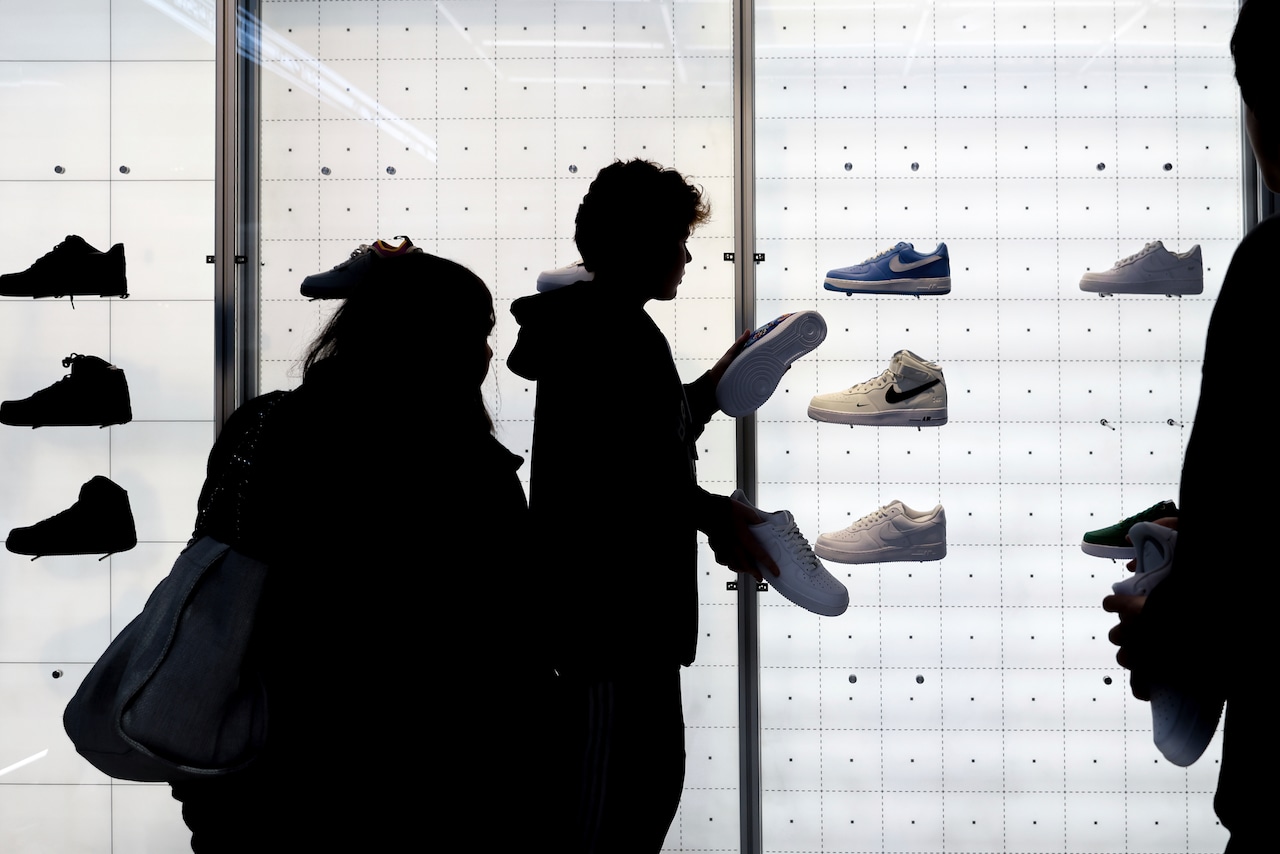Shoe Giants Cry Foul: Major Brands Plead for Tariff Reprieve from Trump Administration

In a powerful show of industry unity, over 70 leading footwear companies have joined forces to sound the alarm on potential new tariffs that could devastate the shoe manufacturing and retail landscape. The collective voice of these industry giants warns that proposed trade restrictions represent far more than a mere business challenge—they could potentially trigger an "existential threat" to the entire sector.
The strongly worded letter, signed by major shoe brands and manufacturers, highlights the critical nature of the proposed tariffs and their potential to disrupt an industry that employs thousands and serves millions of consumers. By presenting a unified front, these companies are sending a clear message about the potentially devastating economic consequences of such trade barriers.
The unprecedented collaboration underscores the serious economic implications these tariffs could have, not just for individual companies, but for the broader footwear ecosystem. From small manufacturers to global brands, the industry stands together in opposing measures that could dramatically reshape their business models and economic viability.
